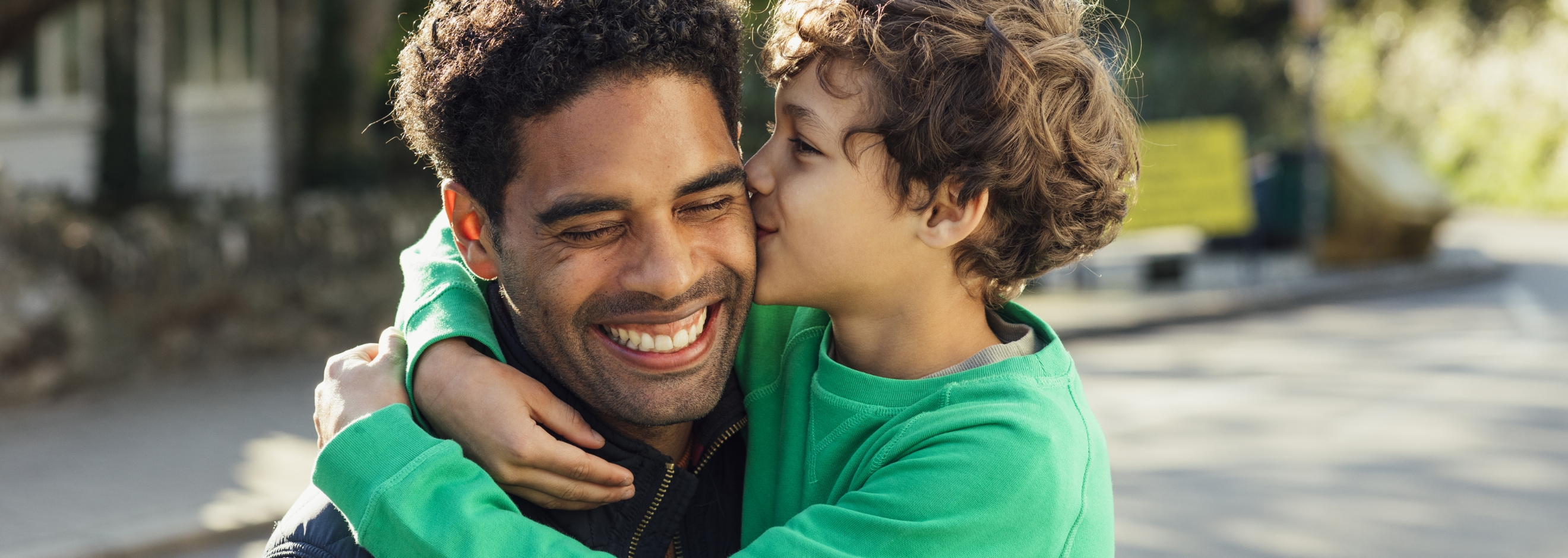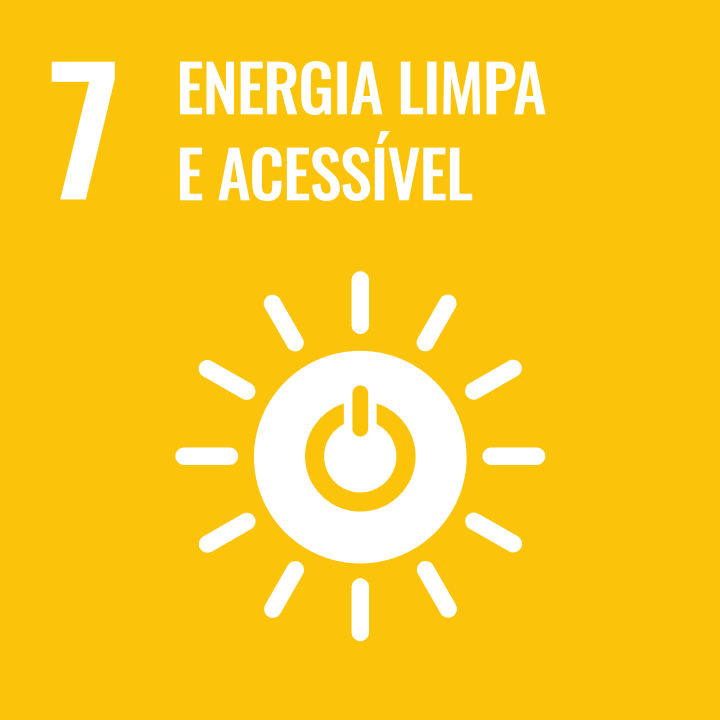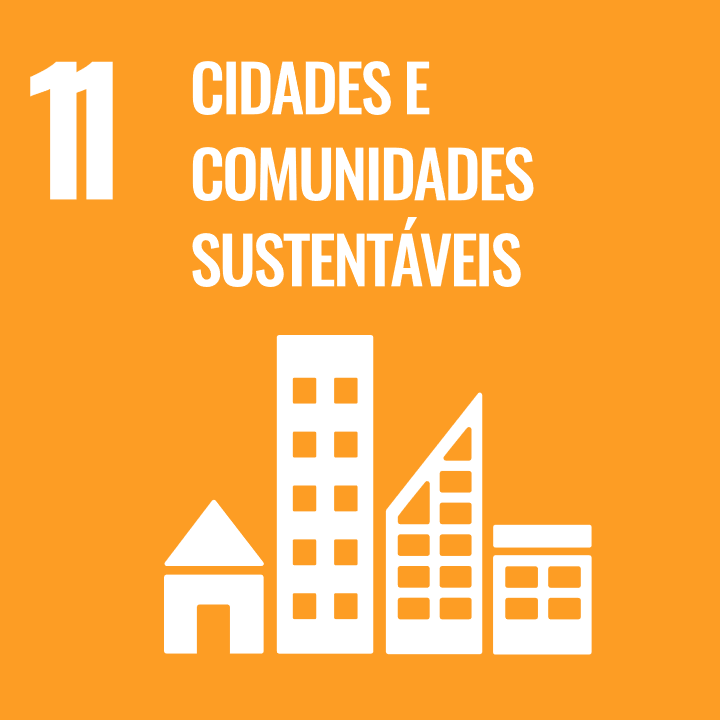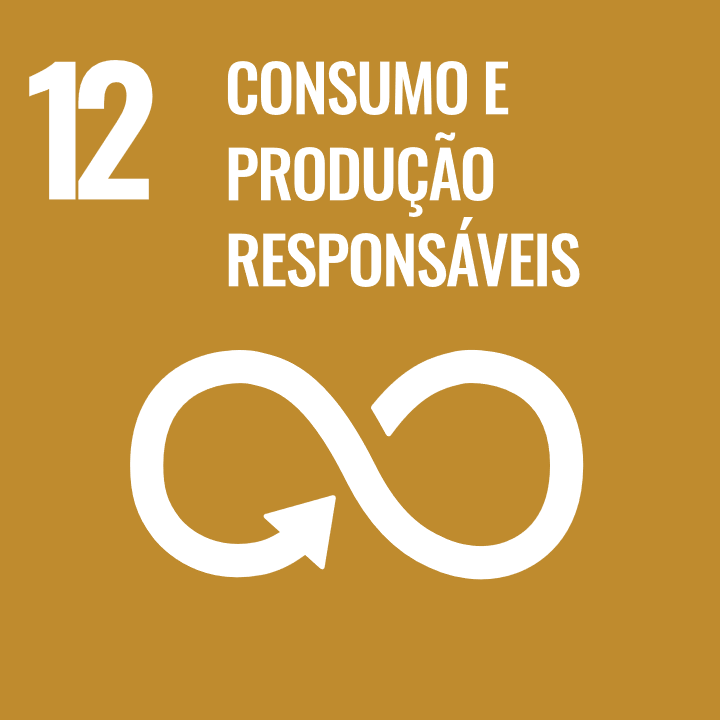Material Themes

Waste management and reverse logistics
Scope
Reverse logistics and circular economy measures to reduce waste generation throughout RD Saúde’s chain, including the distribution of plastic bags by pharmacies and the disposal of packaging and drugs by customers.
Impact Sphere
Employees, contractors, customers, society, suppliers, communities, government
Disclosures
GRI 301: Materials
GRI 306: Waste
Sustainable Development Goals
Theme management
Generation and Disposal
The nature of our operation creates impacts related to waste generation and disposal. To support us in this management, we hire contractors that collect and properly dispose of waste in the operations of the DCs and RD Saúde Campus, besides collecting and properly disposing of hazardous items in the pharmacies. We also use an information system, managed by the Sustainability area, to monitor indicators and ensure compliance with applicable regulations.
In 2023, we started a pilot project in 20 pharmacies to manage common waste generated, using zero landfill as the premise. The idea is to identify the amount of recyclable and non-recyclable waste generated and implement process improvements, which will result in a reduction in the amount of waste generated.
We also generate hazardous waste in our operations. These materials are collected and stored in specific garbage containers, properly identified and located in places with restricted access. In the DCs, this waste includes PPE, uniforms, cloths, tow, packaging contaminated by oil, grease, paint, solvents, fuels, lubricants, chemicals, fluorescent lamps and electronic equipment. In the pharmacies, the waste generated is classified according to Anvisa and Conama regulations, including infectious waste and sharps.
Reverse Logistics
Drugs:
Through the Conscious Disposal Program, we offer customers the possibility to dispose of expired or unused drugs, along with their leaflets and packaging, in 100% of our pharmacies. All drugs collected in pharmacies are sent to DCs and later, on a scheduled date, they are collected by a company homologated by the pharmaceutical industry and taken for incineration.
This entire reverse logistics process is regulated by Federal Executive Order no. 10.388, dated June 5, 2020, which establishes the guidelines and responsibilities of drug manufacturers and traders. Providing our professionals with all the knowledge necessary to deal with this work demand in our pharmacies is also essential for the program to be successful.
We are committed to ensuring that 100% of pharmacies have access to our Conscious Disposal Program and to reaching a total of 3,000 tons of pharmaceutical waste collected by 2030.
Batteries:
Our pharmacies serve the community as Voluntary Delivery Points (PEV) for batteries, in compliance with the requirements of CONAMA Resolution no. 401, dated November 4, 2008, regarding the role of retailers in collecting these items disposed of by the population. The program is carried out in partnership with Green Eletron, a company that manages the reverse logistics of electronics, and is present in 100% of pharmacies. After collecting and disposing of batteries in our DCs, they are handled by a contractor specialized in recycling.
Packaging:
Our commitment is to use at least 40% recycled material in Private Label packaging by 2030. To advance in this journey, we have established a direct connection with key suppliers of packaging materials, making sure that sustainability is an essential criterion from the beginning of development of new projects.
Our private label Natz was launched with 100% of paper packaging (cartridges) made from 100% recycled cardboard, with Forest Stewardship Council (FSC) certification, with 30% of post-consumer material. In mid 2022, we implemented a circularity pilot project for this brand, in which we passed on to the producer of the recycled paper used in Natz cartridges the waste paper, boxes and leaflets of drugs collected in our pharmacies through the Conscious Disposal Program.
The Vegan by Needs brand has 100% of its packaging made from recyclable material. The tubes, for example, are produced with plastic from a renewable source, a polyethylene made from sugarcane ethanol. We also work to offset 100% of the packaging waste from our Private Labels, in collaboration with the organizations Eureciclo and Reciclar pelo Brasil. This means that, for every package sold, an equivalent one is recycled, ensuring a positive and responsible environmental impact.
Another relevant front is the reduction in the use of plastic bags by customers to take purchased products home. Since 2020, we have addressed the issue and, in 2023, we focused on training our people, ensuring that they always ask customers whether the bag is necessary. This practice is also used when issuing tax coupons. Thus, attendants act as agents of change, encouraging customers to rethink their habits. We also reinforce customer engagement in the topic through educational videos posted on our social media, such as the Toda Atitude Conta (Every attitude counts) campaign. With all the engagement and training actions aimed at our professionals and customers, 37% of services in 2023 were carried out without using plastic bags and 48% of tax coupon printings were avoided.
Check out more details of our initiatives related to waste management and reverse logistics in the GRI disclosures listed in this dashboard or in the Annual and Sustainability Report.
Related Policies
* Environmental and Occupational Health & Safety Policy




 Português
Português
 English
English